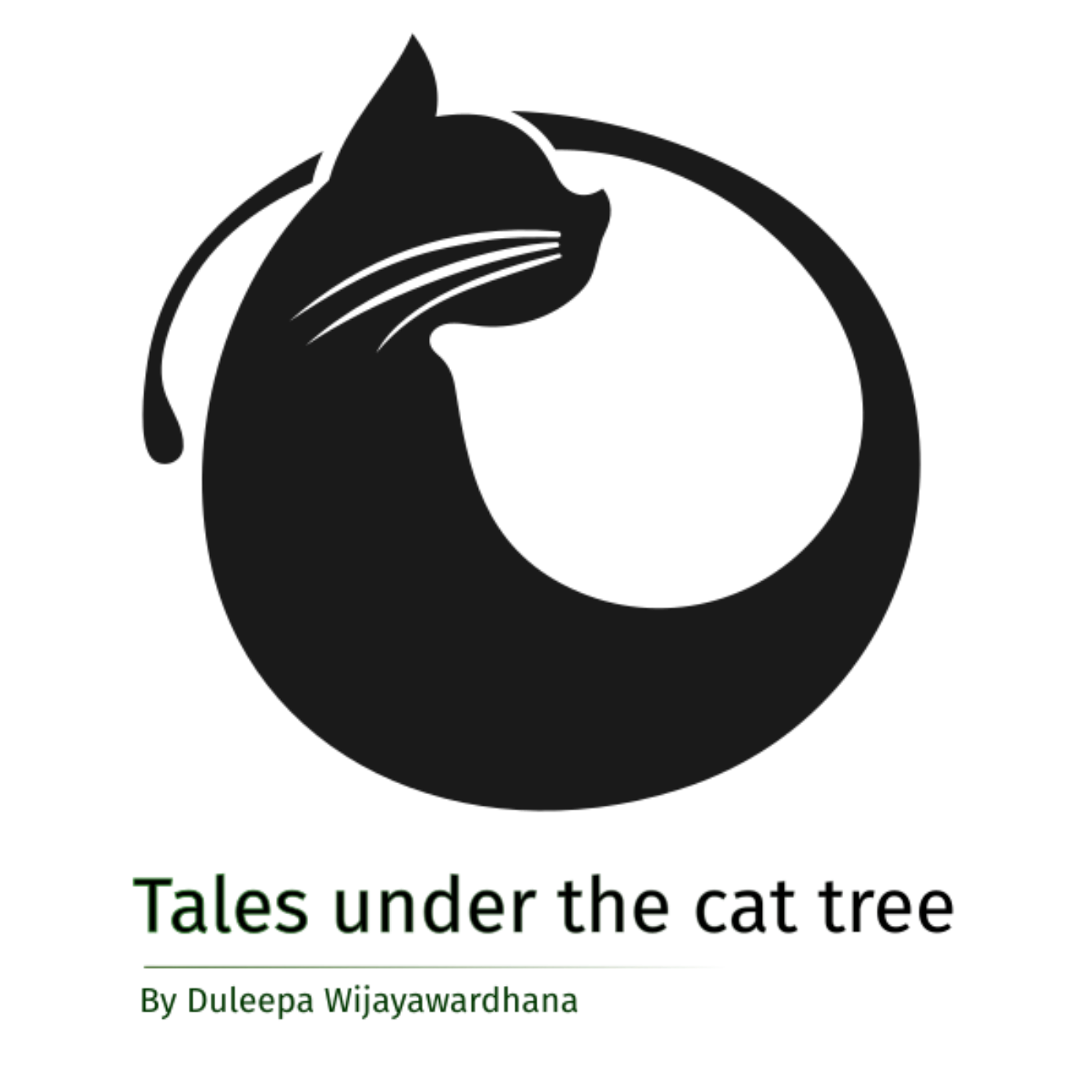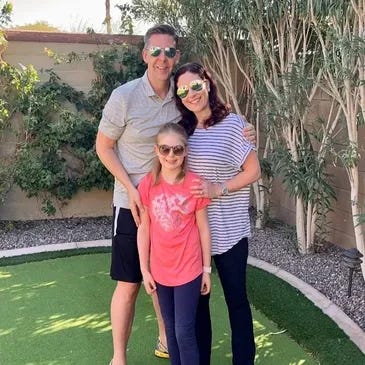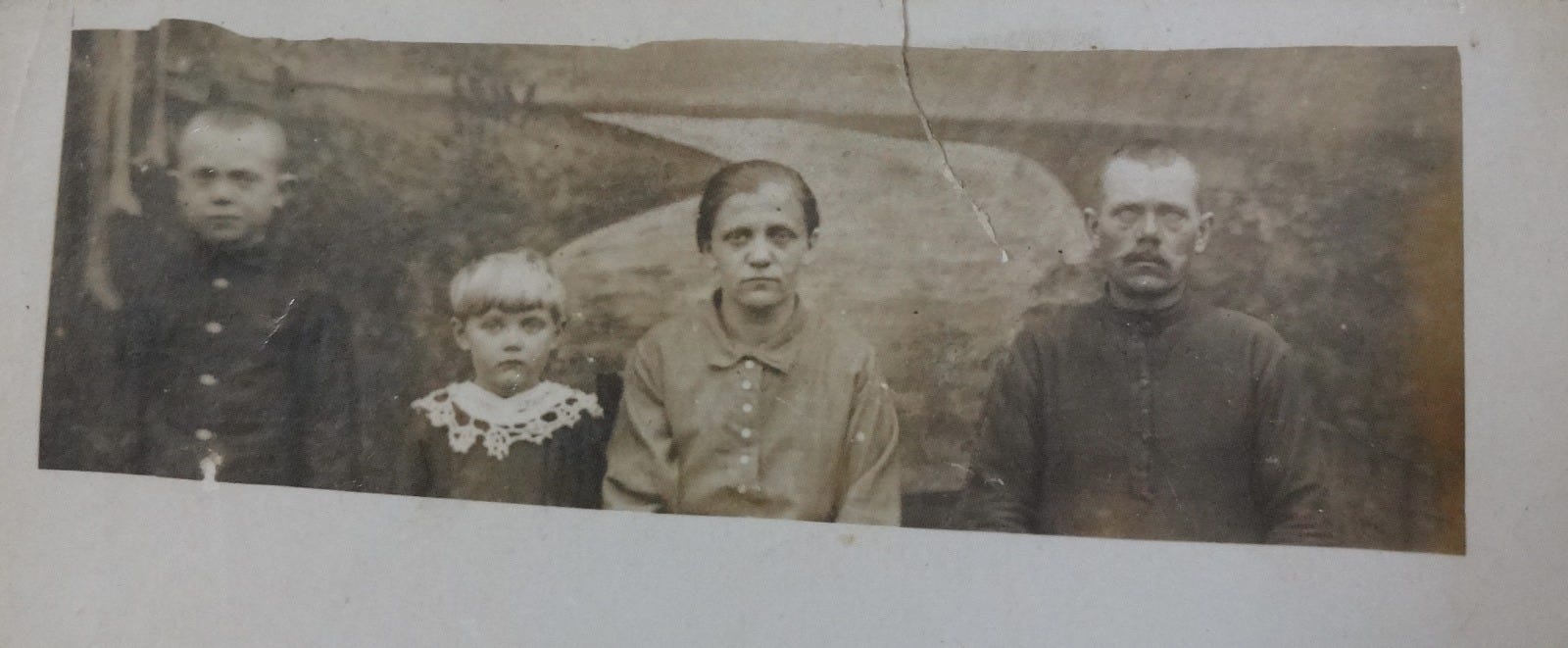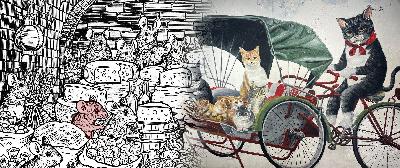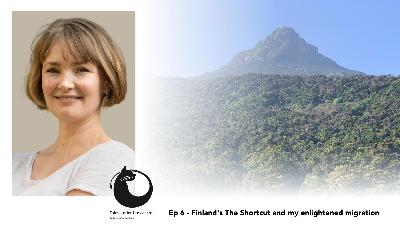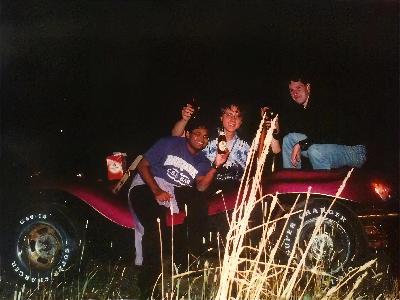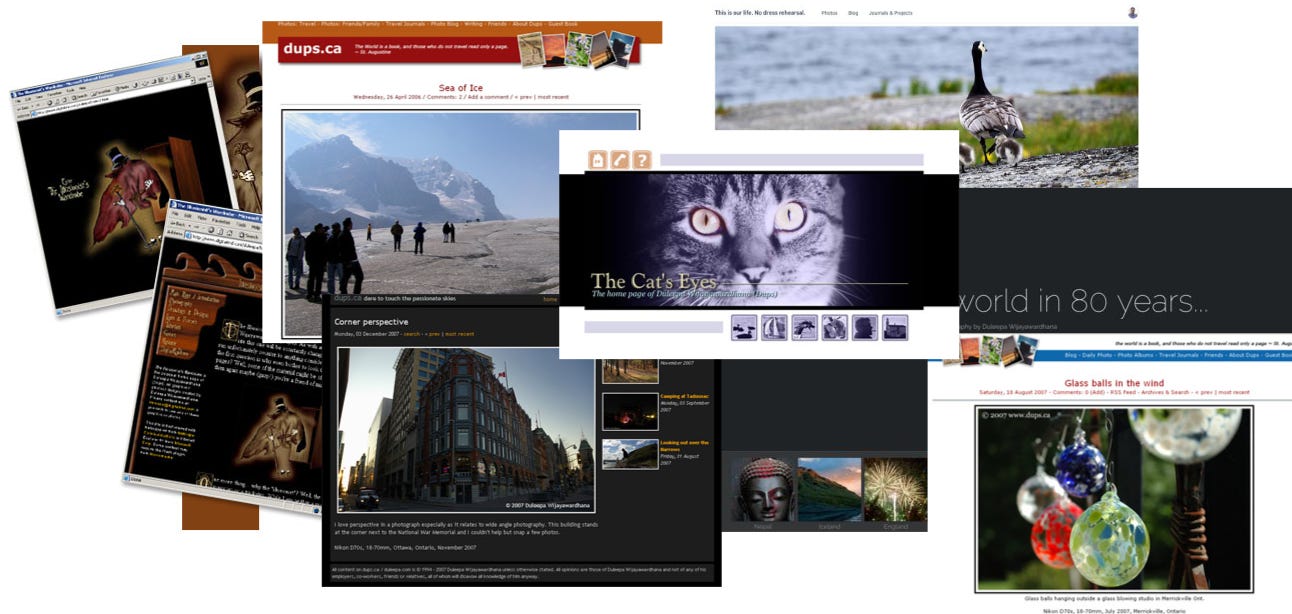Ep. 11: On the emotions of autobiography
Description
Writing about experiences centered around specific pivotal moments in my life is not easy for me. I easily get wrapped up in my own emotions. I find that autobiography does not come naturally to me. I think some of the closest autobiographical-style writing I have done was included in Episode 6 when I talked about my own immigrant story.
I would like to explore this idea of autobiography with some help from my former professor, Dr. Erwin Warkentin. Erwin, as I call him these days, has been one of my dearest mentors and friends throughout the past thirty years of my life. I am proud to have been one of his first German students at Memorial University when I was a wet-behind-the-ears, snot-faced undergraduate student. He continues to impart some modicum of wisdom and put up with my questions when I call.
Erwin was my professor of German, but at various times, he has also been the head of the Memorial German and Russian Department and the creator of the communications program at the University, among many other titles and professions.
I will read a piece that he wrote–please listen to the episode–about his first and last memories of his mother, after which he and I will have a conversation about how he feels about me reading this piece online and much, much more.
Thanks for reading and listening. Erwin and I will cover many more topics in select episodes, so please subscribe if you enjoy this!
The Conversation.
Please note, this transcript has been edited so it can be read easier online.
DupsYou just heard me tell a story that was written by Dr. Warkentin. As I mentioned at the beginning of this episode, Dr. Warkentin has been one of my professors and mentors throughout my life, ever since I was about 18 years old till I am whatever I am today.
Last year, when I was visiting Dr. Warkentin in Berlin, he and I were having lots of discussions about writing as I was sitting down to start writing myself. As we were talking about writing, he pulled out a book that his daughter had asked him to prepare for his grandchildren.
These were stories of his life.
Later, we discussed a lot about what these stories might mean to him and to his family down the road. So first, I would like to introduce you to Dr. Warkentin.
Hello, Dr. Warkentin, or Erwin, as I now call you.
ErwinYeah, hi.
DupsHow are you doing?
ErwinGood.
I still call you Duleepa, not Dups.
DupsOh, well, only my mother calls me that, which is an appropriate segue to what I just read. So this is a very personal piece that you wrote about your mother.
ErwinAbsolutely. It’s one of these pieces where I have difficulty controlling my emotions because there are a lot of emotions connected to it. And it’s so different from the other writing that I get to do. It’s just, it’s an interesting exercise, especially if someone reads it to me as you just did. It’s an odd sort of experience. It’s almost out of body.
DupsHow is it different? Is it because I put the intonations and the inflections in the different places that you would have seen?
ErwinYes, absolutely. There were certain passages, the passage where you named these place names.
Dups“Eaton’s, Lyceum, Kresge’s, Met Store, Arthur Murray’s, the Hudson’s Bay.”
ErwinExactly. You actually imparted some speed. You made it sound as though the vehicle was going faster. You made it sound interesting for me it was terribly uninteresting these were just places along the way and yes they’re important to me but the way you read it all of a sudden it kind of opened my eyes. Oh yeah okay the these are maybe important things to talk about in terms of making the mundane interesting. I don’t know if that’s how it works but perhaps…
DupsSo when I was reading it, I get the emotion and the feeling of that last time you saw your mother and the first time. Those are clear to me. But obviously, I have no connection to your mother. And I only have a connection to you. So I’m imagining the child, Erwin, and the adult Erwin giving the story. How do you feel when you hear my words?
ErwinI’m a little bit distant from it when I hear it coming from you because when I read this story to myself you know it clearly. Sometimes you read it out loud but most of the time it’s simply quiet reading to yourself as you’re looking at the text. When I read this to myself I see my mother, I’m just an observer in the story as it were.
However, when you read it to me, all of a sudden I have this out-of-body experience where I’m looking at myself. I’m looking at this little boy that I did not really seem that aware of. You know, the little boy was a narrator, if anything.
In some ways I thought, well, maybe completely unimportant because I was focused on my mother. By having you read this to me in this way and give these different interpretations of the text, in the way you read it, all of a sudden I’m focusing on the little boy, on myself.
And so that I find incredibly interesting.
DupsI think one of the really interesting things for me is when I write something autobiographical, I do get lost in the emotion of my memory. Now that you’re just imagining the child and seeing it through my reading, do you have that same feeling of the emotion or is it different?
ErwinNo, the emotion is still there.
It may actually be more profound because when I’m reading it to myself, I have control over the text, as it were, and I know absolutely what’s coming in the text. However, when you read it, the fact that you’ll put a different intonation on a different word or emphasize something that kind of alienates the piece from me. That is, it creates this distance that doesn’t normally exist. The emotion may actually be even more intense in that I don’t have absolute control over what’s being read, in particular in how it’s being read.
DupsWell, yeah, exactly. You know the words, you know where the story is going, but it’s the, how am I going to say the words that are coming up.
So how does this feel now that you’ve written this? And of course, this is going into that book that you’re going to give your grandchildren. So what does this mean to you? To have them read it, knowing that, they might be much older when they read it?
ErwinThe interesting thing is that I experience them now as a five-year-old and a three-year-old. They’re actually about the age that I was in this story (at least) the older one–the five-year-old, the three-year-old, he’ll get there too.
For me to know that they will read this, the important thing is that they’ll know something about the essence of their grandfather beyond me being playful with them, me bringing them toys or gifts or things like that, me allowing them to get away with stuff that I would have never allowed my son to get away with.
It will hopefully give them a broader view of who their grandfather is and was. So in other words, I’m passing something on to another generation so that they can perhaps understand me. Now, there’s another aspect to this, and that is perhaps I’m creating my own defense.
DupsDefense in what way?
ErwinThey may hear certain things about their grandfather that aren’t particularly positive. I’m not saying nasty things or anything like that. But, my son may remember certain events in certain ways, and he may inadvertently have dropped them at some point on them. In this way, I can kind of defend myself before the fact.
DupsThat’s a good point. It’s very interesting because I guess in some ways. When you have children and the human race continues on generation through generation, we pass on our genes. What we hope to do is to teach the children. We stuff them with all sorts of stuff, whether it’s ethics, values, or German history. Then we send them out into the world, they collect all sorts of other experiences, and they become fully formed individuals.
I guess in some ways, this, what you’re doing is kind of affecting that what is carried on to the next generation. It’s almost like a genome in some ways, except you get to control it, you get to control exactly what happens there.
ErwinExactly. It’s a genome that I’m passing on, but one that I have gone in and manufactured or I’ve altered in some way. It should be known that I also include unflattering things in my stories about myself. Not just the positive. I want them to get the idea that there’s more to their grandfather than just kind of this statue or idol that’s been created. Rather, he was a fully formed human being with all the foibles.
Hopefully they can then also learn something from the negative aspects of who their grandfather was and some of the things that he may have done. Not all of them were positive. Some of them were laughable. Others, well, they were perhaps a little more serious.
DupsWell, isn’t that what they call a human life? That is the human experience.
ErwinExactly. And I’m hoping to pass that on.
DupsSo going back to the story, one of the interesting things for me reading it, of course, is that I know you as my professor, and as a friend. And this is a very personal piece, right? It’s not as if when you were teaching me about the letters of Werther or Goethe, we were talking about your mother or your pas

